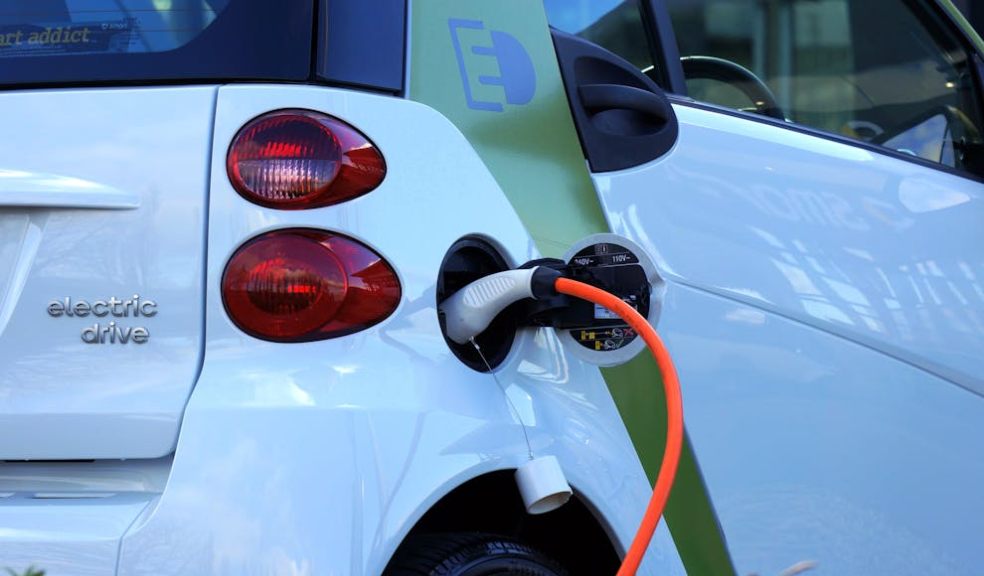
Sustainable Motoring: Trends and Technologies to Watch
Sustainability has become a crucial aspect of the automotive industry as manufacturers and consumers alike seek to reduce their environmental footprint. The push for greener motoring solutions has led to significant advancements in vehicle technology, with innovations designed to improve fuel efficiency, reduce emissions, and utilise renewable energy sources.
This article explores the key trends and technologies driving the shift towards sustainable motoring, highlighting the progress made and the challenges that remain. From electric and hybrid vehicles to hydrogen fuel cells and eco-friendly materials, the automotive industry is undergoing a transformation that promises a cleaner, greener future for transportation.
The Rise of Electric Vehicles
Electric vehicles (EVs) have gained substantial popularity as a viable alternative to traditional petrol and diesel cars. With zero tailpipe emissions, EVs offer a cleaner option for daily commuting and long-distance travel. Advances in battery technology have significantly extended the range of electric cars, making them more practical for a wider audience. Companies like Tesla, Nissan, and BMW are leading the charge by offering a diverse range of models that cater to different needs and preferences. Moreover, the expansion of charging infrastructure has made it easier for drivers to recharge their vehicles, reducing concerns about range anxiety. Government incentives and subsidies have further boosted the adoption of EVs, making them more accessible to the average consumer. As the technology continues to evolve, electric vehicles are expected to play a pivotal role in achieving global sustainability goals.
Hybrid Technology: Bridging the Gap
Hybrid vehicles represent a transitional step between traditional internal combustion engines and fully electric cars. By combining a conventional petrol or diesel engine with an electric motor, hybrids offer improved fuel efficiency and reduced emissions without sacrificing performance. This dual-power system allows for seamless switching between the two power sources, optimising fuel consumption based on driving conditions. Notable examples include the Toyota Prius and the Honda Insight, which have demonstrated the viability and benefits of hybrid technology. Additionally, plug-in hybrids, which can be recharged via an external power source, offer greater electric-only range, further enhancing their environmental benefits. The versatility of hybrid vehicles makes them an attractive option for consumers who are not yet ready to commit to a fully electric car but still want to contribute to environmental conservation. As research and development continue, hybrid technology is expected to evolve, offering even greater efficiency and lower emissions.
Advancements in Fuel Efficiency
Fuel efficiency has become a focal point for automotive manufacturers striving to create more sustainable vehicles. Recent advancements have seen the development of engines that deliver more power while consuming less fuel. Turbocharging and direct fuel injection are two technologies that have significantly contributed to these improvements. Turbocharged engines can deliver greater performance from a smaller engine, reducing overall fuel consumption. Direct fuel injection ensures a more precise delivery of fuel into the combustion chamber, enhancing efficiency and reducing emissions. Variable valve timing and start-stop systems are also being widely adopted to optimise engine performance and minimise unnecessary fuel use. Additionally, lightweight materials such as aluminium and carbon fibre are being utilised in vehicle construction to reduce weight and improve fuel economy. As a result, modern vehicles are achieving unprecedented levels of fuel efficiency, which translates to lower running costs for drivers and a reduced environmental impact.
Companies Making a Difference
Several automotive companies are at the forefront of developing technologies and practices that contribute to sustainability. Mercedes-Benz, for example, has introduced the BlueEFFICIENCY initiative, which encompasses a range of measures designed to improve fuel efficiency and reduce emissions across its vehicle lineup. Mercedes BlueEFFICIENCY includes aerodynamic enhancements, weight reductions, and advanced engine technologies to achieve these goals. The BlueEFFICIENCY Mercedes vehicles are equipped with features such as start-stop systems and low rolling resistance tyres, which contribute to lower fuel consumption. The BlueEFFICIENCY Mercedes-Benz models demonstrate the company's commitment to environmental sustainability without compromising on performance or luxury. By integrating these technologies, Mercedes-Benz BlueEFFICIENCY vehicles offer an attractive option for eco-conscious consumers. The continuous innovation and adoption of sustainable practices by companies like Mercedes-Benz are essential in driving the automotive industry towards a greener future. Other companies, such as Toyota and Honda, are also making significant strides in this area, showcasing a collective effort to promote sustainability in motoring.
The Role of Hydrogen Fuel Cells
Hydrogen fuel cells represent a promising alternative to traditional internal combustion engines and even electric vehicles. These cells generate electricity through a chemical reaction between hydrogen and oxygen, producing only water vapour as a byproduct. This technology offers the potential for zero-emission driving with the convenience of refuelling similar to conventional petrol and diesel vehicles. The refuelling process for hydrogen fuel cell vehicles (FCVs) takes only a few minutes, compared to the longer charging times required for electric vehicles. Companies like Toyota and Hyundai have already introduced hydrogen-powered models, such as the Toyota Mirai and the Hyundai Nexo, which demonstrate the practical application of this technology. Additionally, advancements in hydrogen production and storage are making this fuel source more viable. Hydrogen can be produced from various renewable resources, including water and biomass, making it a sustainable option for the future. As infrastructure for hydrogen refuelling stations expands, hydrogen fuel cells are poised to become a significant player in the move towards sustainable motoring.
Autonomous Driving and Its Environmental Impact
Autonomous driving technology has the potential to revolutionise the automotive industry and significantly impact environmental sustainability. Self-driving cars are equipped with advanced sensors, cameras, and artificial intelligence systems that allow them to navigate roads and traffic without human intervention. One of the primary environmental benefits of autonomous vehicles is their potential to reduce traffic congestion. By communicating with each other and optimising routes, these vehicles can minimise stop-and-go traffic, which in turn reduces fuel consumption and emissions. Furthermore, autonomous driving can enhance fuel efficiency through smoother acceleration and braking patterns. Ride-sharing and carpooling services, which are expected to become more prevalent with the advent of autonomous vehicles, can also lead to fewer cars on the road, further reducing the overall carbon footprint. Additionally, the integration of electric powertrains in autonomous vehicles can amplify these environmental benefits, combining the advantages of electric mobility with the efficiency of autonomous technology. As this technology continues to develop and regulatory frameworks are established, autonomous driving has the potential to make a substantial positive impact on the environment.
Final Thoughts
Sustainable motoring is no longer a distant goal but an achievable reality as automotive technologies continue to evolve. From the widespread adoption of electric and hybrid vehicles to the promising future of hydrogen fuel cells and autonomous driving, the industry is making significant strides in reducing its environmental footprint. Companies are not only focusing on the end products but also on the materials and processes involved in manufacturing, ensuring a holistic approach to sustainability. Initiatives like Mercedes BlueEFFICIENCY highlight how innovation can lead to more efficient and eco-friendly vehicles without compromising performance or luxury. As consumers become more eco-conscious, the demand for sustainable motoring solutions will only increase, encouraging further advancements and adoption of green technologies. The collective efforts of manufacturers, policymakers, and consumers will be crucial in driving the automotive industry towards a sustainable and environmentally friendly future.














